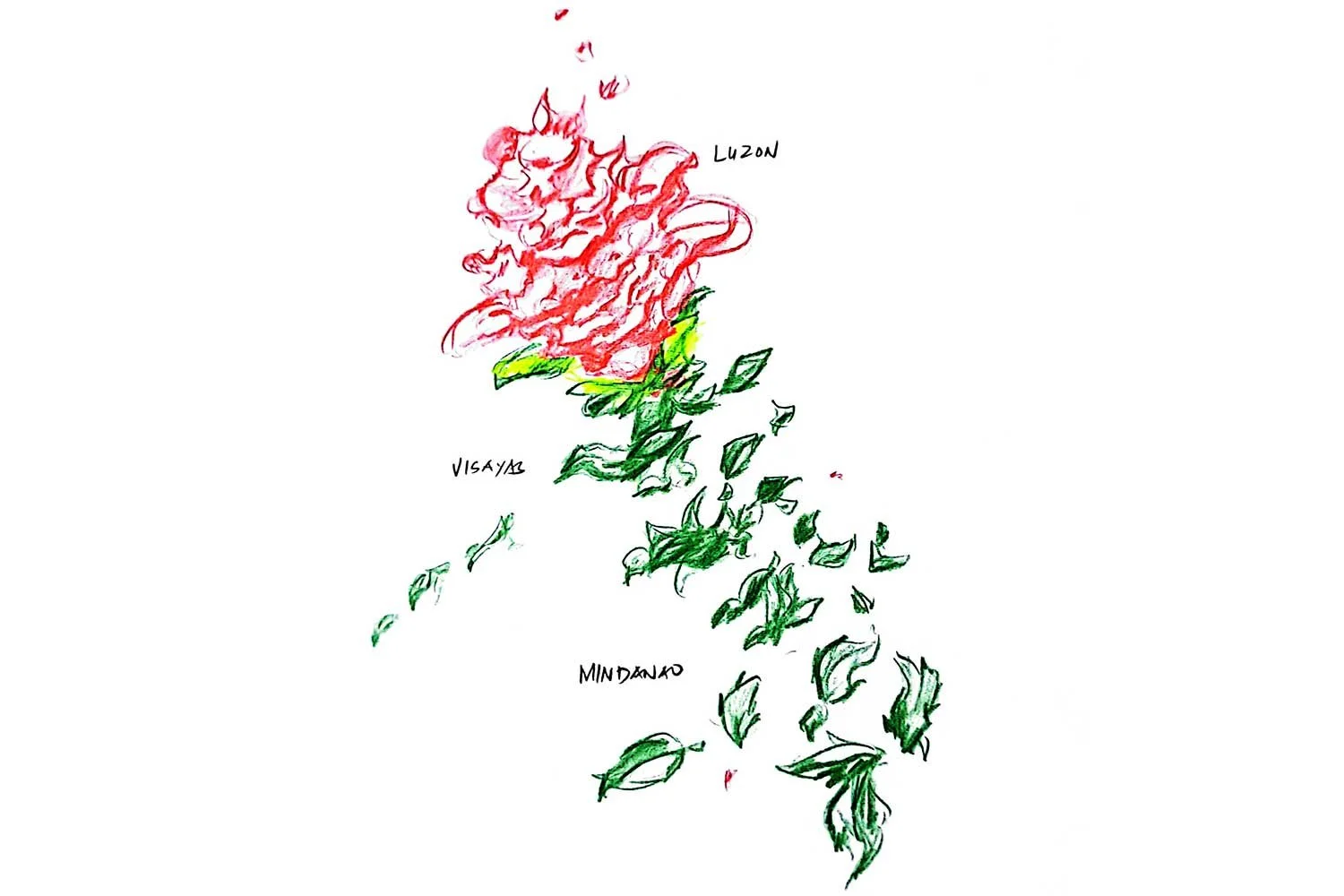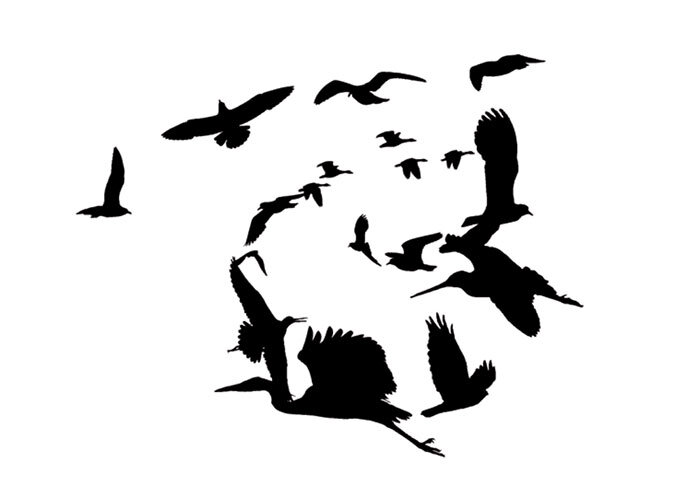Subjective mapping of Brussels
Spring 2017 — Autumn 2018
Being part of the inauguration exhibition at the fashion and design platform MAD Brussels, Subjective Editions invited people to map the city from inside out. From visualizing daily routes to the limitations of the traffic, from cultural diversity to individual complexities, from historic presence to street names and local stores. What does it mean to currently live in Brussels? How do you define the city? What are the issues at stake?
Brussels Fashion and Design Platform MAD opened its new building with its first onsite exhibition “OCCUPATION : DESIGNER, Brussels vision on design”, curated by DAMNation ( Walter Bettens, Siegrid Demytteneare and Kurt Vanbelleghem). The show included a presentation and series of workshops by Subjective Editions, spring, summer 2017.
Brussels is about a lot of things, and certainly about the many different languages, cultures and backgrounds. It’s the capital of diverse entities and can’t be captured as a singularity, nor in a single image. Nevertheless, the representation of Brussels has recently become rather uniform. The terrorist attacks, the political turmoil and the throngs of journalists in Molenbeek pushed the narrative of the city far away from its reality on the ground.
Annelys de Vet: “Having lived in Brussels for more than 10 years now and having fallen in love with this undefinable metropolis, I am surprised by people I meet elsewhere in Belgium who have rarely travelled here or who consider it a critical place to live in. I wonder whether it has to do with the fact that it’s often outsiders who speak about Brussels, or whether it’s the savage dynamics of mass media, contiguously highlighting the exception, magnifying problems and capturing the temporality. Or is it the lack of diversity in the representative bodies, whether the city council or cultural institutes? The profound involvement of the residents in the development of the city and their experience of living here are aspects that remain underexposed in the media spectacle."
In this Subjective Atlas, more than 80 creative individuals visualized their view. What are the urgencies of those who inhabit the city? What engages them? Based on their own personal experiences and observations, they mapped out what makes life worth living here. From quay views to high-rise-perspectives, from alternative playgrounds page 108 to the last rays of sunshine and from damaged bollards to places of hope.
Workshop sessions MAD, Brussels, Spring-Summer 2017. Photo: Lisemarie van Loon
The first contributions for the Subjective Atlas of Brussels were made as part of the exhibition OCCUPATION: DESIGNER at MAD. Visitors were invited to submit their works and MAD spread an open call to join several workshops by Annelys de Vet where the contributions were developed further. Among others, several artists who work at Globe Aroma joined these workshops. Based on this series, students from the Academy of Anderlecht were engaged by Margrit Coppé to also map Brussels from their personal perspective. Additionally a wide range of critical creatives were personally invited by the editors of this atlas to submit their subjective mappings of Brussels.
Work discussion led by Margrit Coppé, Academie Anderlecht, 15 March & 17 April 2018. Photo: Margrit Coppé
Over the course of several workshops and many encounters, the contributors captured their engagement in maps, inventories and drawings. Each work stems from involvement with the subjects and takes an engaged, critical and transparent position, not a neutral or so-called objective one. As such, the contributions not only show their own story, but also develop meta-reflections on contemporary forms of living together and community building.
This creative trajectory illustrates how design can be an important tool for soft power and how it helps to imagine a different future. The Subjective Atlas is therefore also a proposition for a creative mentality that is politically engaged, socially sensitive, collaborative in nature and transdisciplinary in its method.
Overall the book offers a platform for a bottom-up polyphonic visual dialogue about Brussels at this moment of time. We hope it can contribute to a better representation and understanding of a city with enormous potential. It’s not an easy reality, nor a simple love. But one that is intense and enriching and one that can be life-changing. Brussels has taught me more about the world than any other city. It’s a society that we can never capture, never fully understand or control. But it challenges us to find new languages to speak about who we are and what binds us.
During the Subjective Evening of Brussels the new Subjective Atlas of Brussels was presented on a unique and vibrant way. 9 ‘Brusseleirs’ who had contributed to this Subjective Atlas shared their personal views on the capital of Belgium. They took the stage and presented their experience of one of the most diverse and challenging capitals in the world. What are their urgencies? How do they define Brussels? During the Subjective Evening of Brussels the audience experienced the warmth, the radicality and critical love we all share for Brussels. Moderated by Rashif El Kaoui (actor KVS) amongst others, the following speakers took the stage: Melat Gebeyaw Nigussie (1991, ET), Petra Van Brabandt (1977, BE), Abdel Doudou Medoki (1981, TG), Amina Saadi (1991, BE), Saraa Saleh (1975,, SY) and Sophie Feyder (1983, BE).
Acknowledgments
Acknowledgments to all artists, designers, architects and creative minds who have generously contributed to this Subjective Atlas – taking pictures in the middle of the night, travelling to each commune, crossing borders, measuring distances and stretching their perspectives. It’s through their accumulative voices that this Atlas wants to reclaim agency to the city’s narrative. As well as to MAD Brussels, Academie Anderlecht, Globe Aroma (Els Rochette, Liselore van der Put), Beursschouwburg Brussel, Tunde Adefioye, Riitta Otten and all those who were involved; without their beneficent, inspiring and critical support this book wouldn’t have been possible.
The book and presentation have been generously supported by Flanders, State of the Art




































